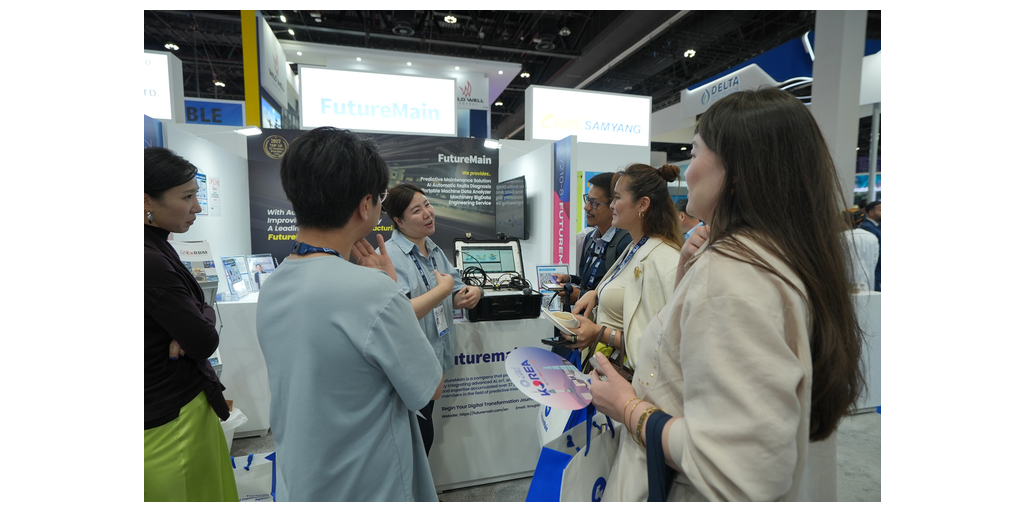
Sign up for daily news updates from CleanTechnica on email. Or follow us on Google News!
You would think that, as more Australians move into strata title residences like apartment blocks and gated communities, all the issues around charging an electric vehicle in such situations would have been resolved. But it seems like whack a mole — for every story of success, there are others that defy belief. Recently, a Facebook post caught my eye.
“I’m after some advice, please. My strata are trying to pass a by law that means I can’t charge my Tesla in my own garage using my own AC power outlet with an Australian approved Tesla charging cable. … I have to charge elsewhere. I am considering going to court. Anybody have any experience here? It seems like a dang load of scaremongering has enabled the strata committee to take this action.”

The main concern seems to be “the risk of fire, and the existing structure built in 1998 doesn’t have compliance with the new regulations. There would be an expense to owners and strata to meet compliance they say.” It would be worth checking to see if there are flammable liquids stored in the car park, not just in petrol tanks, but in, say, a cleaners cupboard or residents’ storage facilities.
When she bought into the building, there was nothing in her agreement about charging an EV, she admits. She was driving a Nissan Micra at the time. How things have changed.
The replies ranged from the serious to the ludicrous. A tenant just wants to plug into a power point that already exists. Robert, whom we have written about before, weighed in with his experience.
Robert is now the chairman of his Body Corporate. “You need to write to the Strata and advise them that unless they allow what is currently allowed or proposed you will go to NCat. The results are published and it’s not what a decent Strata committee would want.” NCat is the New South Wales Civil and Administrative Tribunal. Robert dealt with the Queensland equivalent (QCAT) to resolve his dispute.

“Whether you get a solicitor to write the letter or DIY really depends upon your writing abilities. In QLD we cannot have a solicitor attend the tribunal with us. The commissioner will read and listen to both sides. Then make a ruling. Usually, it is to compromise. Without knowing your exact circumstances and NSW laws it is hard to advise. You could ask on the forums for a local solicitor with experience in this area to get a few pointers.”
And in a similar vein: “Under NSW strata laws you cannot be denied installation of a charger in your garage. Any such bylaw would be unenforceable. Stories from various fire brigade sources are scare mongering and not factual. Your Tesla charger is ADR compliant and therefore lawful to plug into Australian power circuits. That said an anachronistic owners committee may need a legal letter to set them straight.”
The owner seeking advice clarified that she was not wanting to install a charging station, just to use the existing power outlet. “We have a PowerPoint — 240v inspected and good — and charging cord from Tesla (approved). So I charge at 10 amp maximum thru 240 v charger you know like a phone?” I would be curious as to why the power point was there in the first place — must be available for use by residents. Just not to charge a car, I guess — the FUD is strong with this one (the Body Corporate/BC).
Some referred her to Arran of RegenEV, who then got involved in the discussion: “This is such a common thing, I have tried to assist with this very issue of charging in apartments for many years, it’s about time the government stepped in, if the world is to transition to EV then there needs to be some support from the government to encourage buildings to adopt the technology or at least educate the BC.” Arran and I have met with Body Corporates. I know the frustration.

Others referred her to the experts at EV fire safe. CleanTechnica has published about this group also.
Another pointed to further internet resources: “The Owners Corporation Network have an information portal dedicated to teaching strata committees about electric vehicle charging.”
Others shared their experiences of frustration: “Our complex has a complex about it too we are on the Gold Coast. It’s funny how they are allowing people to get batteries for their houses but are trying to stop people charging their cars. We have a few people who own BYD but the old codgers are saying they are all Tesla vehicles.” Some think that there is “Tesla envy.” I put it down to good old fear of the unknown and especially of change.
One reply brought up the issue of meterage: “Is the power point you are using on your own meter, or a strata meter?” However, I would think that if the point is already there, the Body Corporate should have already considered the cost for its use. The building setup needs to be considered. It looks like the bylaw is unenforceable.
Another frustrated by their BC shared: “I am currently fighting the same problem on the Sunshine Coast. The committee voted 5-4 against approval. We have been able to change the bylaws to permit charging of electric vehicles and now have to go back to the committee to get approval from them. It has been a long and expensive process. It is an underground garage on common property. I have a quote to install a private plug from my meter with all the fireproof requirements. The BCC just doesn’t like change.”
To which Robert suggested: “Please advise the BCC that your next step is the Office of the Commissioner to seek a tribunal hearing on the matter. Should only cost in the vicinity of $125 to do this. No Solicitor is allowed to appear for either party. Just the mention that I was serious made the committee realize I was serious. They allowed me to install.”
They are planning to stand for election to the BCC (as Robert has done) in December and hope that solves the problem. I think that this a great idea — promote the rEVolution with a board room revolution.
And a positive story: “I experienced a little resistance here with my Strata, they thought it would start a fire. But my electrician that installed everything, provided insurance, warranty and any reassurance they needed to ensure that this is all safe.”
Some of the more humorous replies included:
“That’s like having an agreement that you can’t turn on your toaster in your own kitchen!”
“Tell them you will instead buy 7 cheap electric scooters. One for each day of the week as alternate transport to your car. Be sure to tell them that you plan to leave 6 of them charging inside your unit when you are not home to monitor them. That should put their risk profile into perspective.” There are reports of unattended charging scooters causing fires frequently on the news in Australia.
“There are no Strata Police! The best the other residents can do is glare at you. That being said, it is good to have friendly relations with your neighbours.”
“Tell them they just devalued the entire complex and you want compensation….” A large Australian real estate firm has warned that not installing chargers for EVs could lead to lower resale prices in CBD strata title buildings.
When you get down to it: “Strata politics is complex. The Committee is made up of other owners and any trouble caused will only backfire on you. Costs incurred will also impact you as an owner in the form of special levy. You can’t really win here. Your best option is to befriend a committee member to champion for you.”
Thankfully, there is one member of the BCC who is supportive. Perhaps at the next election to the committee, more progressive members can join. The Facebook community is a great resource for those of us trying to educate and support the EV transition. People power, free speech and a wealth of experiences to share. Looking forward to hearing of the outcome!

Chip in a few dollars a month to help support independent cleantech coverage that helps to accelerate the cleantech revolution!
Have a tip for CleanTechnica? Want to advertise? Want to suggest a guest for our CleanTech Talk podcast? Contact us here.
Sign up for our daily newsletter for 15 new cleantech stories a day. Or sign up for our weekly one if daily is too frequent.
CleanTechnica uses affiliate links. See our policy here.
CleanTechnica’s Comment Policy




